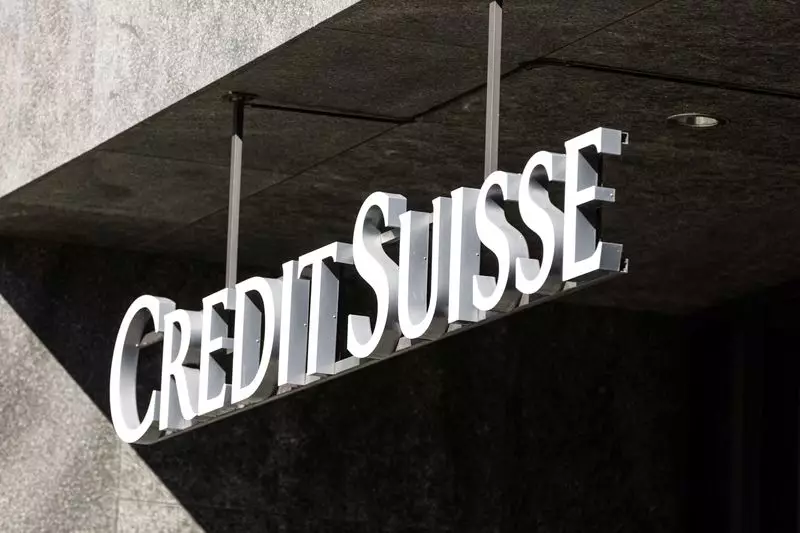The financial world was rocked in 2023 by the abrupt downfall of Credit Suisse, culminating in its acquisition by rival UBS. As the dust settles, Switzerland’s financial oversight authority, FINMA, has stepped in to investigate the handling of this unprecedented crisis. The focus lies on a critical fifteen-month timeline leading up to the merger, raising pressing questions about the bank’s management decisions and transparency.
According to reports from Swiss media, FINMA has initiated an auditing process to scrutinize Credit Suisse’s conduct during the months leading to its demise. The regulator has requested interviews with nearly a dozen current and former employees from both Credit Suisse and UBS. This thorough inquiry aims to illuminate potential mismanagement and misleading information relayed to authorities. At the core of this investigation are pivotal questions regarding the viability of Credit Suisse’s financial health before the acquisition, the adequacy of its liquidity, and the soundness of its leadership.
Wenger Plattner’s Role
To facilitate this investigation, FINMA has engaged the law firm Wenger Plattner. This firm is expected to provide an impartial evaluation of internal testimonials and communications surrounding the incidents that precipitated the bank’s decline. Their findings, which will be crucial for the analysis of the regulatory framework, could significantly impact future governance of Swiss banks. The “secret” order issued by FINMA in September exemplifies the urgency with which Swiss authorities are approaching the investigation.
In light of Credit Suisse’s near collapse months prior to its acquisition, there are growing calls for more robust regulatory powers. A report from FINMA has already signaled a need for reform, suggesting that the current framework requires enhancements to afford regulators better oversight capabilities. Swiss parliamentary committees are also delving into how regulatory bodies reacted during the crisis, intending to unveil a report later this year that could serve as a foundation for future legislation.
As the investigation unfolds, the actions of Swiss authorities themselves are under scrutiny. Critics have voiced concerns that officials could have intervened sooner to stabilize Credit Suisse as an independent entity, rather than allowing its situation to deteriorate to such an extent. Meanwhile, the authorities maintain that the failures stemmed largely from within the bank itself. This dichotomy has sparked heated debates about accountability in the Swiss banking sector and the extent of government intervention needed in crisis situations.
As FINMA probes deeper into the circumstances surrounding Credit Suisse’s downfall, the ramifications extend far beyond the banks involved. The ongoing investigations may reshape the regulatory landscape and redefine operational protocols for Swiss financial institutions moving forward. Ultimately, the revelations will not only impact Credit Suisse and UBS but may also influence the confidence of global investors in the Swiss banking system. The unfolding of these events will be closely monitored and eagerly awaited as stakeholders seek to understand the lessons learned from this financial debacle.

